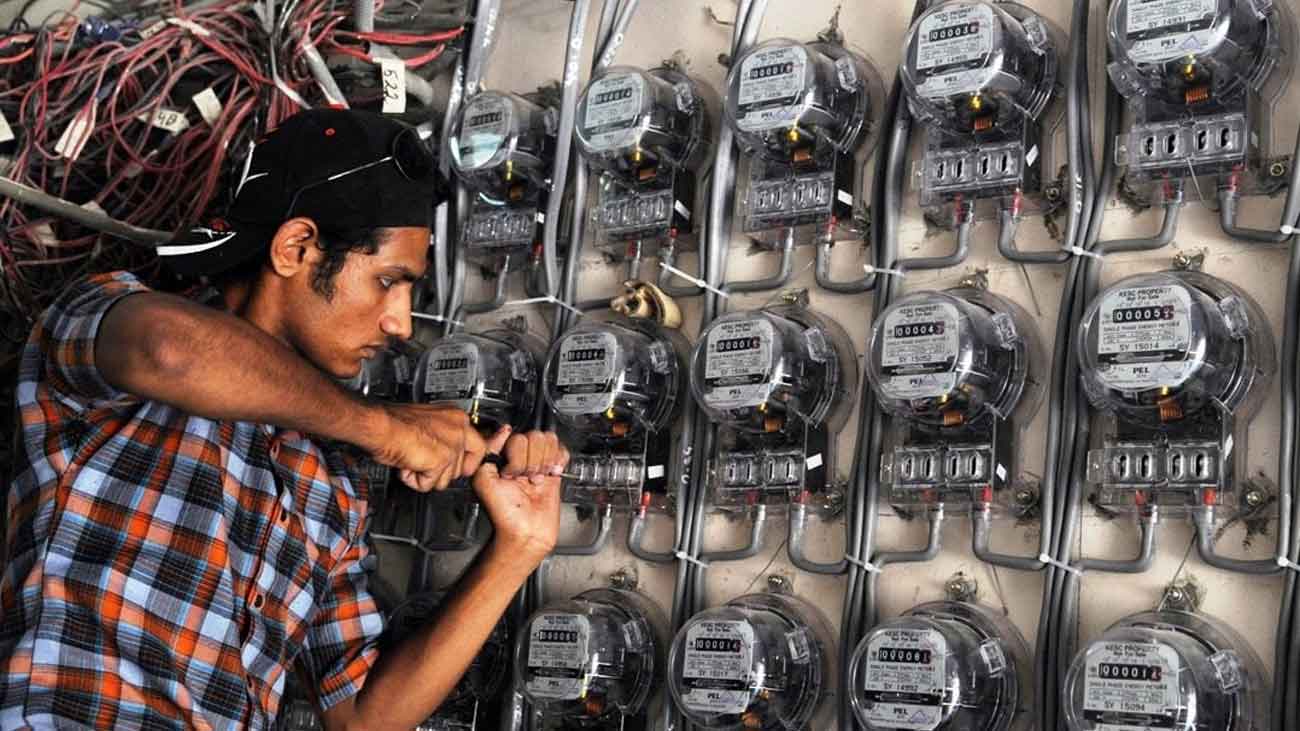
After the approval, the new basic tariff has been fixed at Rs 48.84 per unit, that will advance to Rs 57.63 per unit after inclusion of sales tax . With adjustments and other taxes, the maximum electricity tariff will exceed Rs 65 per unit.
Also read: Govt approves hike in base power tariff for commercial, agri consumers
The federal cabinet and the National Electric Power Regulatory Authority (Nepra) have approved a hike of upto Rs7.12 in the tariff for electricity consumers across the country.
After repeated increase in the basic electricity tariff, domestic consumers will be charged up to Rs48.84 per unit bill. The highest percentage increase in electricity prices for low-income groups in Pakistan’s history will cause additional burden of hundreds of billions on consumers this fiscal year.
The increase in power tariff will be charged to the consumers after the National Electric Power Regulatory Authority (Nepra) had approved a hike of upto Rs7.12 in the tariff for electricity consumers across the country.
According to the details, the monthly tariff on the consumption of 201 to 300 units will increase by Rs7.12 to Rs34.26; on 301 to 400 units by Rs7.02 to Rs39.15; on 401 to 500 units by Rs6.12 to Rs41.36; and on the consumption of 501 to 600 units, the tariff will increase by Rs6.12 to Rs42.78.
Also read: Govt approves Rs5.72 per unit rise in base power tariff
Likewise, the monthly tariff on the consumption of 601 to 700 units, the tariff will increase by Rs6.12 to Rs43.92; and on 700 units per month tariff will increase by Rs6.12 to Rs48.84.
In addition taxes will further increase the tariff per unit cost per unit.
However, Rs3.95 per unit tariff for lifeline customers up to 50 units will remain unchanged while Rs7.74 per unit will be charged on 51 to 100-unit per month consumption.
Now, the federal government will issue a notification to increase the basic price of electricity.
Consumers using less than 200 unites will be exempt from the price increase for three months.
The price increase will be applicable across the country and will also impact K-Electric consumers.




